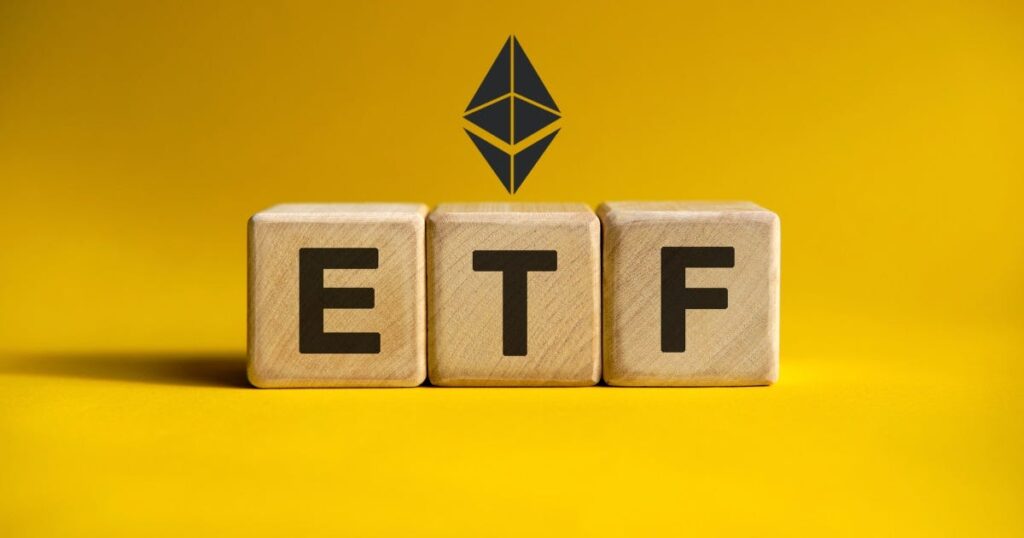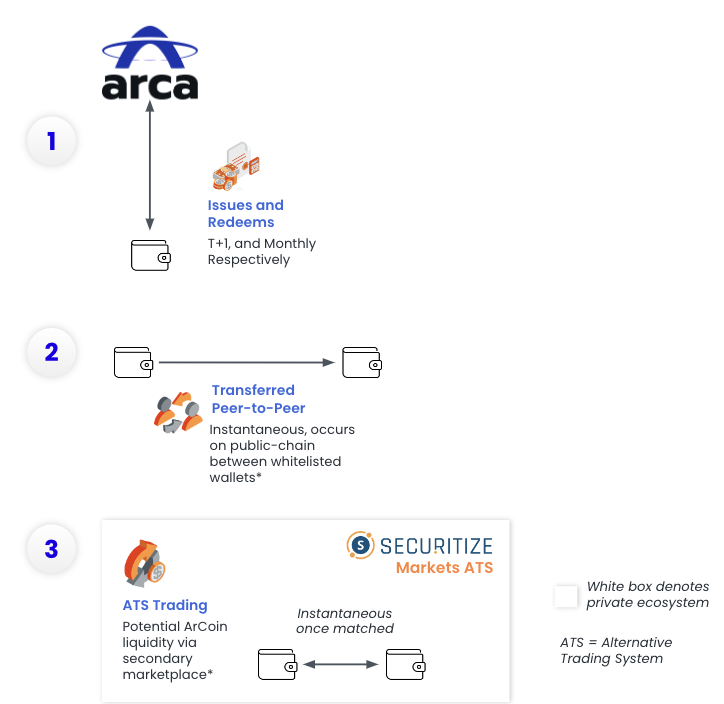Podcast Summary
This podcast episode delves into the world of Ethereum, discussing the expected movement on ETH ETF updates, the record set by Grayscale’s ETH E, and the new Stakers Union initiative. It also explores the concept of base rollups, the potential reduction of Ethereum block time, and the importance of self-custody. The episode concludes with an analysis of Ethereum’s price data and the impact on investor sentiment.
Key Takeaways
Ethereum ETFs and Grayscale’s ETH E
- Expected Movement on ETH ETF updates: The podcast anticipates movement on the ETH ETF updates, with a possible launch next week. This comes as a surprise given the slow progress since approval two months ago.
- Grayscale’s Record: Grayscale’s ETH E has set a record date of July 18th for the initial creation and distribution of shares of the Grayscale Ethereum Mini Trust. This trust will have a lower fee compared to the regular ETH E.
Stakers Union and Solo Staking
- Stakers Union Initiative: The Stakers Union is a new initiative aiming to create a community of solo stakers for the Ethereum network. The goal is to improve incentives and understanding of solo staking and attract new solo stakers.
- Solo Staking: Solo stakers value having complete control over their ETH and being part of the network for ideological reasons. They are not driven by profit maximization like other stakers.
Base Rollups and Ethereum Block Time
- Base Rollups: The podcast discusses Puffer UniFi based rollup, a base rollup that offers the benefits of Layer 2 with interoperability with Layer 1. Base rollups are seen as the end game for rollups, offering the benefits of L1 validators and the ability to upgrade without going through L1 governance.
- Ethereum Block Time: There are discussions about potentially reducing the Ethereum block time to 2 seconds, but there are trade-offs to consider. Lowering the block time could sacrifice consumer-grade full nodes and stakers’ ability to keep up with the chain.
Self-Custody and Ethereum Price Data
- Importance of Self-Custody: The podcast emphasizes the importance of self-custody and warns about the risks of keeping funds on centralized exchanges. A hybrid approach, keeping some funds on exchanges and some in self-custody, is suggested.
- Ethereum Price Data: The podcast introduces a spreadsheet called “Zoom Out” that tracks the opening price of ETH each month since 2016. The data shows that most traders do not make money because predicting daily price movements is near impossible.
Sentiment Analysis
- Bullish: The podcast expresses a bullish sentiment towards the Ethereum network, highlighting the potential for a huge UX upgrade on L1, the benefits of base rollups, and the long-term upward trend of Ethereum.
- Bearish: There is a bearish sentiment towards the risks of keeping funds on centralized exchanges, with a recent case where users were sued to recover funds after the exchange went bankrupt cited as an example.
- Neutral: The podcast maintains a neutral stance on the potential reduction of Ethereum block time, acknowledging the potential benefits but also the trade-offs that need to be considered.












